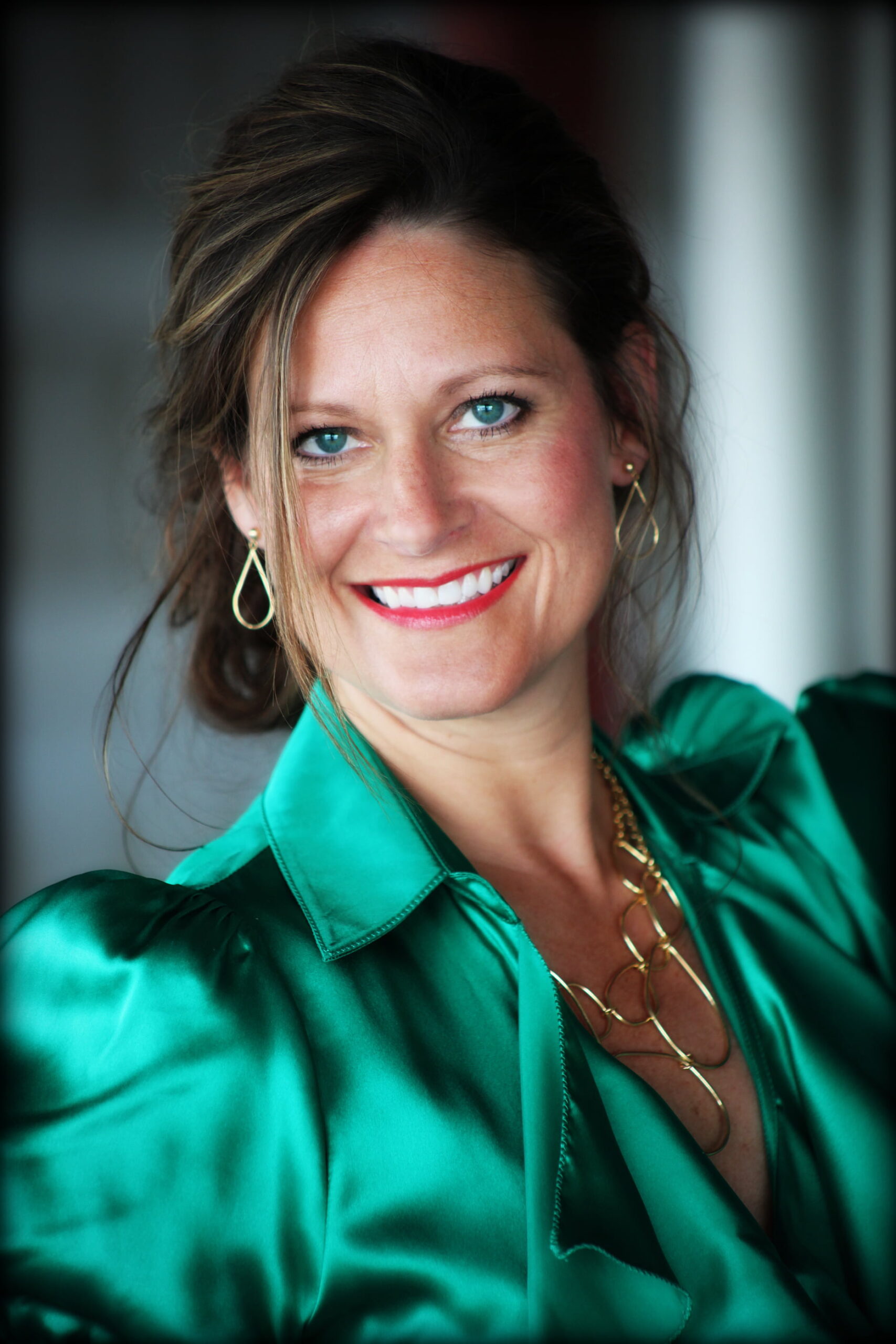The Dangers of Religious Illiteracy
by Rev. Dr. Robert R. LaRochelle
At this point in our culture, three significant realities are operating at one and the same time:[ene_ptp]
- There is significant variety in the different religious perspectives held by Americans and the number of functioning religious groupings. Religious pluralism is a reality.
- There is a real lack of knowledge about religious perspectives outside of one’s own.
- With the significant decrease in church and religious education attendance, there is a decline among many people in the knowledge of the religious tradition of which they are a part, especially regarding the depth of diversity inside of one’s own tradition.
Several years ago, Stephen Prothero wrote a significant work simply entitled Religious Literacy. In summary, Prothero contends that lack of religious knowledge can be dangerous. I agree with him. It seems to me that a lack of knowledge of both one’s own AND other religious approaches can lead to unnecessary suspicion, prejudice, and dangerous activity. Sadly, there are far too many examples of this happening not only over the course of history but also in recent years.
As I see it, two particular problems have to be confronted head on:
- The terrible lack of knowledge most Americans have with different religious perspectives. Failing to seek deeper knowledge all too often leads to terrible biases and actions directed toward those who are ‘other.’
- The deficiencies in knowledge that ‘mainline’ Christians have about Biblical interpretation, theology and the conversations and developments within their traditions regarding a wide variety of religious issues. This makes misunderstanding about one’s own tradition an all too common reality.
What I am saying is that a lack of knowledge unfortunately leads to a reflexive fundamentalism regarding the Bible and a surface understanding of the complexities inherent in confronting the ‘ God question.’ Sadly, those who might not feel connected to churches but hold to an inherently ‘liberal’ view of theology often feel as though they are really outside of the mainstream of organized religion and that organized religion can never really express their own way of looking at the world. This need not be true and it isn’t! Yet, without adequate exposure to serious theology within their local churches, the opportunities for deeper understanding of their own traditions may not happen for many of our young!
Within the Christian community, we are seeing an ever increasing polarization between ‘conservatives’ and ‘liberals’. Sadly, many of our young are not even engaged in these conversations as they have come to perceive their own churches as places which really do not offer an adequate alternative way of thinking about religious faith. The reality is that those churches rarely do. Therefore, this religious illiteracy is depriving people of the opportunity to learn from such Christian thinkers and practitioners as Dietrich Bonhoeffer, Paul Tillich, Dorothy Day, Gustavo Gutierrez, John Shelby Spong, Marcus Borg, Martin Luther King, James Carroll, Oscar Romero, and so many more who have really challenged some of the conventional wisdom of the most conservative elements of the traditions in which they were raised. It is also depriving people of experiencing the depth to be found in some of the major conventional thinkers within various Christian traditions, people like Luther, Wesley, Aquinas, Augustine and many more!
This is truly sad and unfortunate!
[slideshow_deploy id=’2576′]








Bob, you have summarized this situation quite well. A pastor told a group of pastors in my hearing that, “You can never underestimate the biblical illiteracy of your congregation.” What redeems the situation is that good theology is built up over years of good preaching so that congregants know how to live before God even though they can’t defend it directly from the Bible. Of course, we need both good preaching and biblical literacy. But, as you know, just knowing the content of the Bible isn’t enough. For example, the rate of divorce is higher in conservative churches where biblical literacy is higher than in liberal churches where it is lower.
I’m particularly drawn to your point that lack of knowledge of how others believe tends to create suspicion and division which leads to dangerous outcomes. This was certainly the fate of the Jews over the millennia, and now of Muslims who are caricatured beyond recognition. Someone suggested that nothing should be taught without a representative of another point of view co-teaching. I’ve tried it and it really makes one diligent in framing a point of view. No caricaturing allowed!
Thanks for calling our attention to this important issue.